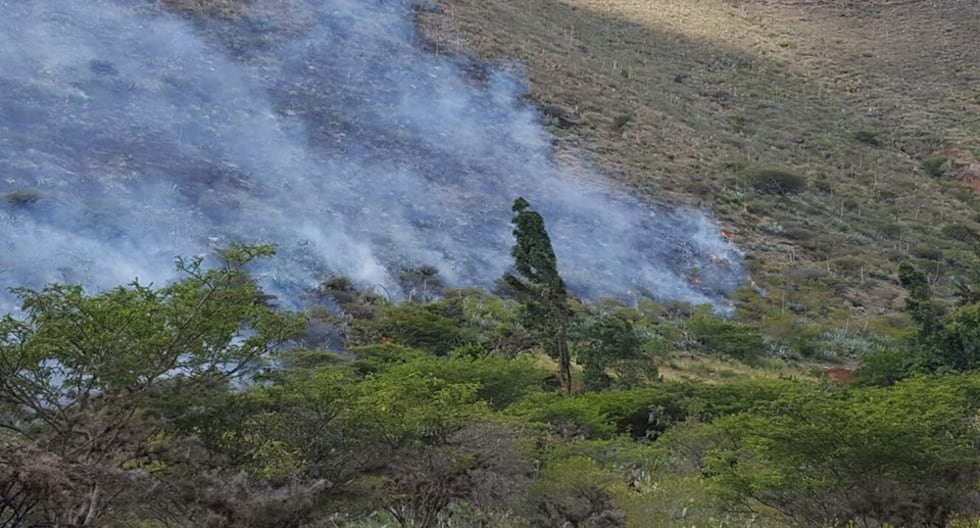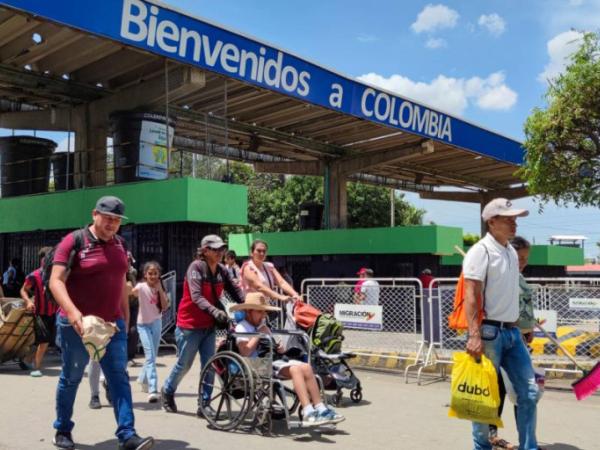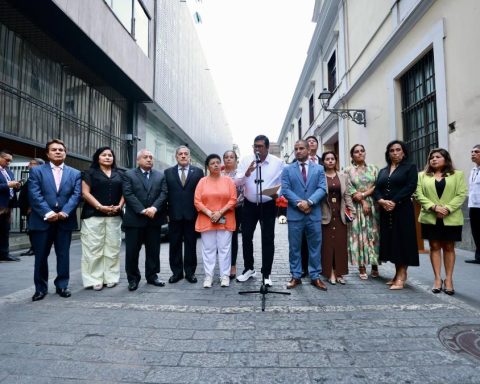AND
l monopoly of legitimate violence
For Max Weber, it is the synthesis of the modern State, an accepted and rarely questioned definition. I believe that this is no longer the case since the State has been privatised by big capital. A good example is the proliferation of private police forces throughout the world, which are not seriously regulated and expand their areas of intervention.
There is a $248 billion global market for private security services that is transforming law enforcement almost everywhere
( Asia Times11/9/24). According to Asia TimesIn most countries, private police forces outnumber police officers. In the United States, the ratio is three to two.
But in South Africa, where there are nearly 3 million registered private security agents, the ratio is four to one to police. In Brazil it is five to one, and in most countries the data is likely to be incomplete. A report by Community Press of 2019, ensures Private security agencies are the business sector that has grown the most in recent decades, and the business continues to expand.
(https://goo.su/4RuN2ld).
There are around 6,000 security companies in Mexico, with 500,000 employees, plus administrative and support staff. They generate the equivalent of 1.4 percent of the national gross domestic product (GDP)
in addition there are 3,500 defined as irregular
(https://goo.su/Jhtmu4i).
If they used to protect buildings and influential people, now they patrol neighborhoods and intervene in crimes such as car theft. But the central problem is that public security companies operate under contract and They do not have the same level of regulation, oversight or accountability
notes Asia Times.
Latin America has more than 16,000 private military companies employing more than 2 million people, many of which outnumber police forces in poorly regulated markets. Their rapid expansion has led to serious problems, such as criminal infiltration of private military companies in Mexico and El Salvador and reports of extrajudicial executions in Guatemala.
go on Asia Times.
I find three aspects worth highlighting in this brief review.
Firstly, private police forces emerged with neoliberalism and the deregulation of states, with the end of welfare states that sought class conciliation. Once the intention to integrate dangerous classes, or to buy them
According to Immanuel Wallerstein, dangerousness is returning. At the same time, inequality is growing and the richest 1 percent no longer trust the state police to protect their interests.
The central aspect, in my view, is the end of the co-optation/integration of the dangerous classes, a process that began in the 1970s and was completed with the Washington Consensus around 1989, which coincided with the implosion of the Soviet Union. From this point of view, private police forces have the double role of protecting the richest and controlling the poorest, complementing state police forces.
Secondly, private police forces are beyond control and accountability, and often participate in the repression of demonstrations and occupations, as recently happened in the United States with the movement for Palestine.
If state police forces have deteriorated into corruption and criminality, one can imagine that private police forces are a breeding ground for the worst practices. Furthermore, there are cases in which public police officers who have been expelled from their forces are admitted into the private sector without the slightest problem.
It is not surprising that many private police forces recruit their members from among state police officers who have been dismissed from their posts for being corrupt or criminals. Private military companies, such as the American Blackwater and the Russian Wagner, recruit their fighters from among common prisoners, regardless of the seriousness of the crime committed.
The third question is to ask ourselves where the State is once violence is privatized. legitimate
with the evidence that the State has become an appendix of the ruling class and capital. I wonder: what is really sought when one tries to occupy some secondary position within the state apparatus (such as deputy, senator or minister), without touching privatized violence?
Entire states, such as Rio de Janeiro, in Brazil, are proof of the tremendous power of private/privatized violence, which supports everything from illegal and shady business to very legitimate elected authorities, such as mayors and governors. Experience tells us that dismantling these networks of irregular powers is almost impossible from within the institutions.
For this reason, the most conscious movements of indigenous and black peoples have decided to defend their territories with their community self-defense groups.
















